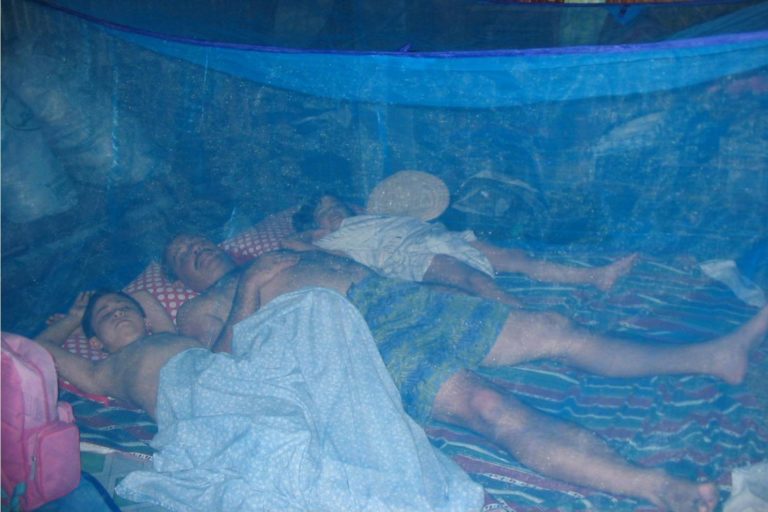
Monthly Archives: March 2020
Another Storm P1

John Klein stood in the doorway of the mission watching the incessant tropical rain fill the air. The roadway in front was a blurred mystery until a jagged bolt of lightning fleetingly assured that it was still there. He counted out in thousands listening for the inevitable clap of thunder. He didn’t get to three thousand before the explosive clap shook the building. Looking behind him to the main room, he saw Barney, the brown Filipino dog, dive under a cane chair. The creature looked scared and embarrassed at the same time.18 “John, you had better come out from that doorway,” cautioned his wife, Keren. “I do not understand why it is that you must stand there watching this storm.”
“I’ll come in soon, honey,” John replied. But his mind drifted off to a different storm that he experienced years before at Georgian Bay when he was a young person. He clearly remembered his dog, Rand, whom he still occasionally dreamt about as if still alive.
The memory of that day
remained vivid.
The summer afternoon’s light and warmth accompanied John and his pup, Rand, as they canoed from Bone Island and now through the twists and turns of the Freddy Channel. John greatly enjoyed such excursions whereby his canoe would slip silently by ancient rock islands where stunted white pines clung to thin patches of soil in the rock’s crevices. Some leaned out over the water with their roots exposed and appearing ready to let go of their precarious grip to the rock. The only sound was that of the paddle dipping into the water. John watched the swirling symmetry made in the water from his J-stroke. Occasionally, this symmetry might be broken by the accidental clipping of the paddle against the side of the canoe. Otherwise, everything was still. No breeze vibrated the leafy shore birches or swayed the tops of the taller pines blessed to be rooted to deeper inland soil. John considered it to be good luck that there happened to be no boat traffic and therefore no waves churning up the water’s smooth surface while travelling up the Freddy’s narrow channel.
The
destination was to a little island store, which served more as an end
point to the canoeing rather than being a place to buy anything
specific. John saw that his German shepherd dog was getting restless.
Until then, the pup was content to snooze with his head tucked under
the front seat where he found some shade from the sun. Now he began
to wander about and when he leaned over the side of the canoe to try
to get a drink, John called out to him.
“Rand,
no, don’t do that. You are going to fall overboard.”
The
pup moved back from the side and, panting lightly, stared expectantly
at John.
“I
know, you are feeling both hot and bored. We’ll be there soon and
I’ll find something you like to eat.”
John
put his paddle down and reached for a small plastic bowl beneath his
seat. Scooping it over the side of the canoe, he filled it and then
held it while the pup thirstily lapped up the cool water.
“There,
that should hold you for awhile.”
A runabout boat powered by an outboard motor cruised slowly by causing a wake that was little more than a ripple. An older man wearing a Tilley hat steered and his grey-haired wife motioned her greeting. John responded by holding his paddle up in the air. He waited until the canoe quit its gentle rocking from the boat’s wake before digging his paddle in and doing a J-stroke and continuing.
Around a bend, the Freddy opened revealing the island store tucked into a more accessible area of the shield rock. John dug his paddle in deeply and soon covered the distance. He chose a space at one of the docks to tie up. There were several boats already docked; their occupants inside the store. John decided to leave the pup the short time it would take to purchase a few things for the trip back. Attaching a rope to the dog’s collar, he then secured the other end around the canoe’s centre strut.
“You stay there, Rand, I’ll be right back,” John promised. The pup sat down and whined. “Don’t cry pup. I’ll get you something.” John left and entered the store.
On a shelf displaying breads, he found some sweet bun that could be shared with his dog.
Returning to the docks again with a bag containing his purchases, John saw a middle-aged man dressed in white slacks and wearing deck shoes standing there hovering above the canoe. He was eying Rand intently. The same could be said for the pup who did not take his eyes off the man. John guessed at what the boater’s suspicion was. The dog was a long-haired German Shepherd, however, even as a pup it looked wolfish. John excused himself as he untied the canoe near to where the man stood without correcting his unspoken belief that the creature in the boat was a wolf. After untying, John eased himself into the canoe, released Rand and paddled a distance from the dock. Resting the paddle across the canoe’s sides, he took a sticky bun from the bag and tore a large piece off for his dog. A few chomps, and it was gone. He wanted more, so John gave him the rest. Taking the paddle again, he did not look back, but continued along the way they had come. He wondered if the curious man still watched. TO BE CONTINUED
News Alert re: COVID-19






